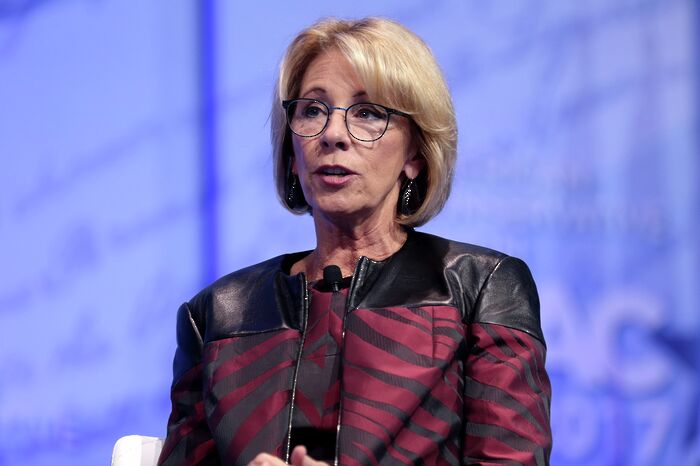Cambridge's Disciplinary Procedure
Harassment and sexual misconduct on campus are everyone’s problem
Awareness, communication, and openness: Aoife Hogan on how Cambridge can tackle the roots of sexual harassment and assault

I chose Cambridge because I was drawn to its English course, because there was something magic about the city itself, and, frankly, because I was offered a place. I did not choose my university on the basis of whether or not it would uphold the basic duty of care that it owes to all students. University is a total institution – we live, sleep, study and socialise here. We should not have to think twice about the treatment we will get when something goes wrong.
The university’s policies and procedures surrounding harassment and sexual assault have undergone significant reform, but this momentum must be constant. Above all, the university’s agenda needs to follow its students’ lead.
“This is the conversation we need – specific and co-operative”
It is easy to feel small here, as centuries of spires loom overhead, and you find yourself rushing to a 9am supervision regardless of what happened the night before. It is easy for voices to get lost. But, as we are beginning to see, it is also easy to find them again. Cambridge University’s anonymous reporting tool has proven itself to be a strong step forward. A mechanism was put in place, and students are using it. It is a void into which students can send accounts of their experiences as they come to terms with them. It is a soundboard for bystanders to consider the implications of instances of assault and harassment on the wider community. It is an instrument for the university to gauge what is still to be done.
Dialogue with students is perhaps the most vital tool a university can equip itself with. Only then can institutions elide mismatched assumptions from students about what is and is not acceptable. Only then can places of education build structures of support founded on the genuine needs of the young people they represent.
On Wednesday, the Women’s Campaign published an open letter, imploring the university to update the disciplinary procedure for cases of harassment and sexual assault. This is the conversation we need – specific and co-operative, openly engaging both students and the institution which serves us.
“You do not have to actively hurt someone else to be implicated in their pain”
The open letter demands that disciplinary decisions be based on a balance of probabilities, rather than the criminal burden of proof. This means that a claim will stand if it is more likely to be true than untrue. It’s this constant revision and addition that an issue as raw and multifaceted as sexual misconduct necessitates.
It’s easy to forget that not everyone comes to Cambridge with the same awareness of the implications of harassment and sexual assault. Our collective understanding is messy; some people are neither used to asking for consent, nor aware that it is something they can withhold themselves.
The process of securing the spaces we operate in has to be a concentric one, driven by everyone. It’s about acknowledging that there are lines at risk of being crossed in every situation you enter, no matter what the precedent. You do not have to actively hurt someone else to be implicated in their pain.
We must view harassment and sexual assault on campus as a tremor of wider, deeply embedded problems, not just as a problem of individual misconduct. It might be the corner of the college bar you and your friends dominate every Thursday night, or the comment you let your friend get away with over lunch.
We have to provide checks and balances for one another. Cambridge University was the first to release anonymous reporting statistics to the media. I hope it will not be the last. The ‘Breaking the Silence’ campaign is working to instil a culture of collaborative prevention and protection across the university and the city. It can and must be bolstered further, a discussion I compel you to involve yourself in
 News / Ski mask-wearing teens break into Caius accommodation27 March 2025
News / Ski mask-wearing teens break into Caius accommodation27 March 2025 News / Trinity librarian loses discrimination case over denied term-time leave25 March 2025
News / Trinity librarian loses discrimination case over denied term-time leave25 March 2025 Fashion / The Cambridge puffer: a debate 27 March 2025
Fashion / The Cambridge puffer: a debate 27 March 2025 Lifestyle / Notebook: term time trips27 March 2025
Lifestyle / Notebook: term time trips27 March 2025 News / Uni offers AI ‘research clinics’ to academics and students 26 March 2025
News / Uni offers AI ‘research clinics’ to academics and students 26 March 2025





